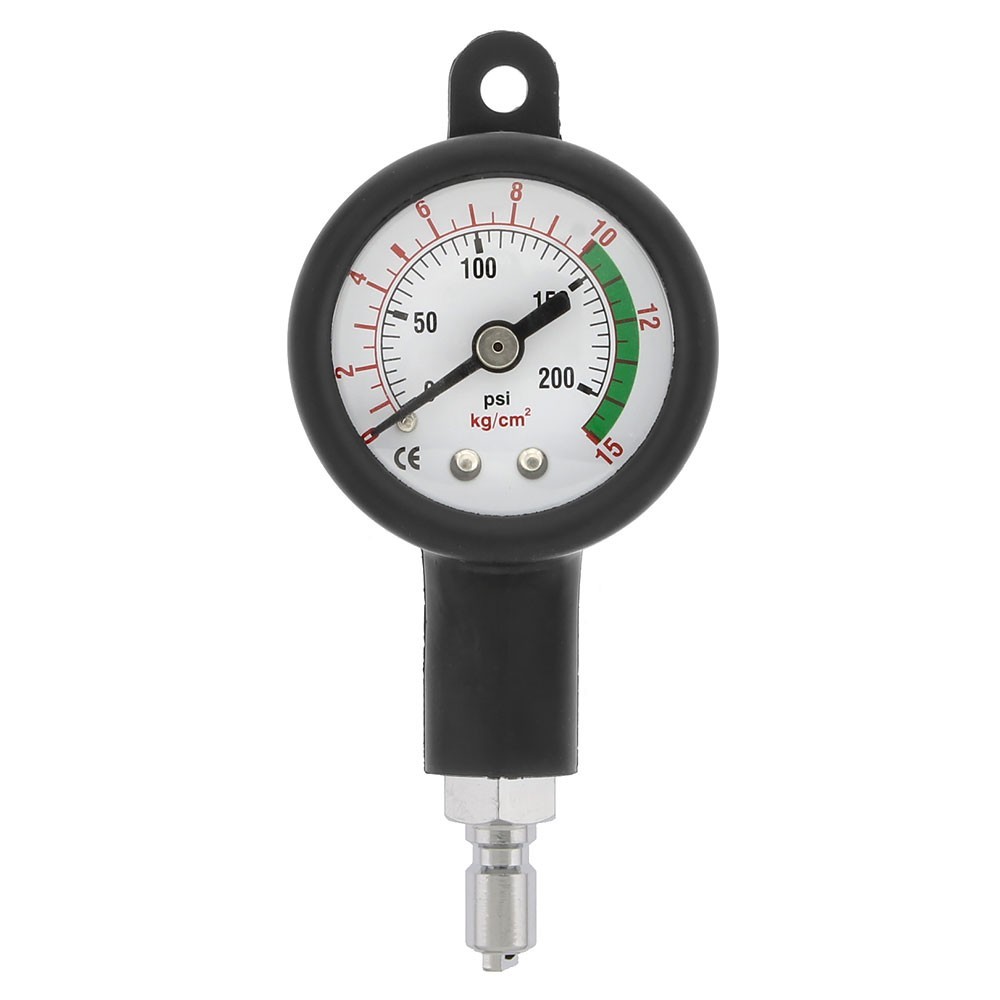Cthippo
Contributor
This should maybe go in the regs section, but it was a question I never got to in my OW class, so here we are...
My instructor touched briefly on free flows and we did the breathing off a free-flowing reg drill, and from her I got the impression it was a first stage phenomenon and not something that could be mitigated in the water. I have also been watching videos from Simply Scuba and Diver Ready and they discuss freeflows as a second stage phenomenon which can be easily mitigated. Is it one or the other, or both? How common are free-flows are there good ways to mitigate them?
My instructor touched briefly on free flows and we did the breathing off a free-flowing reg drill, and from her I got the impression it was a first stage phenomenon and not something that could be mitigated in the water. I have also been watching videos from Simply Scuba and Diver Ready and they discuss freeflows as a second stage phenomenon which can be easily mitigated. Is it one or the other, or both? How common are free-flows are there good ways to mitigate them?




